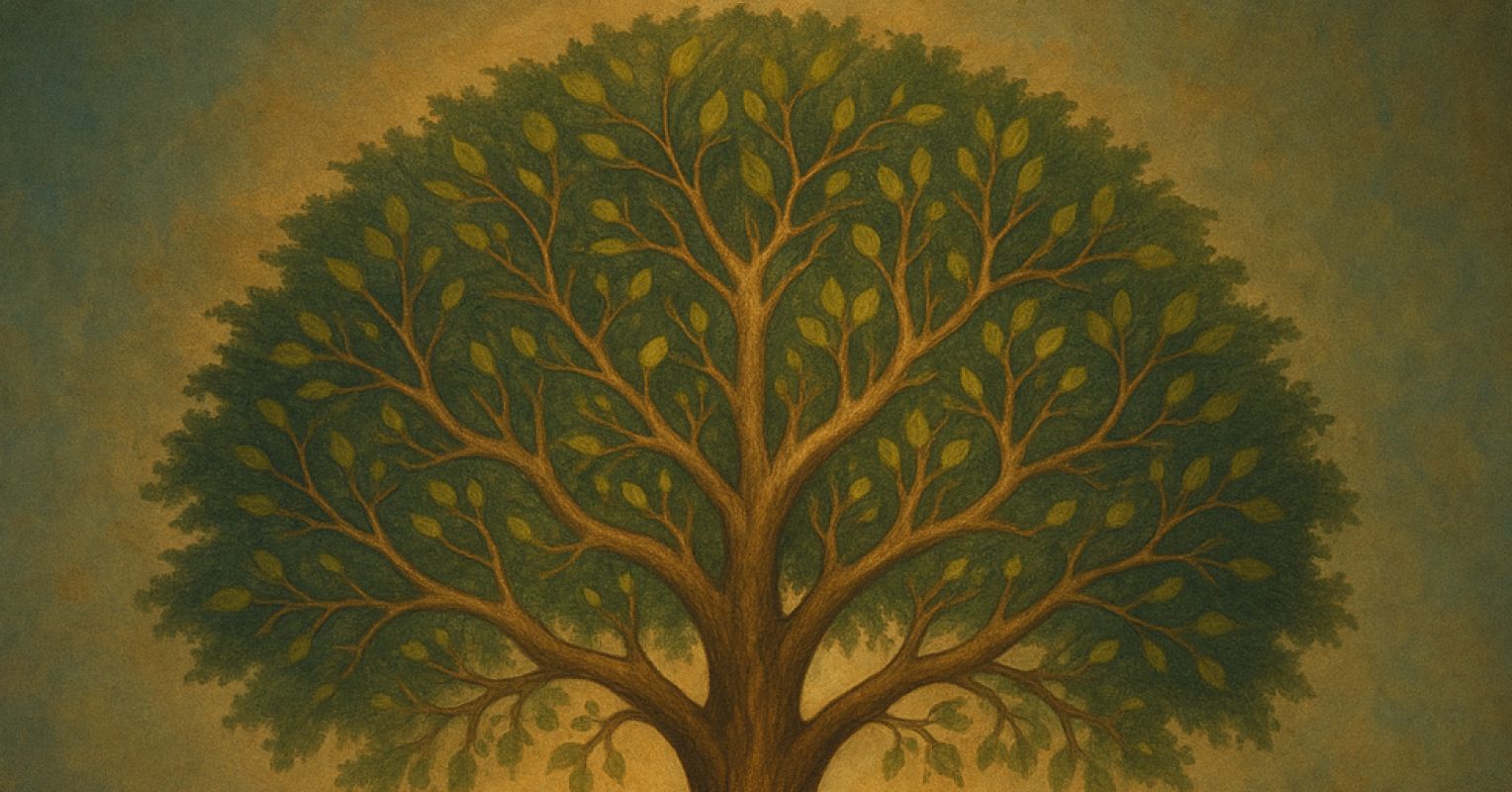
"At the heart of Nosta's argument is the conflation of generative capacity with epistemic authority. Because AI can simulate meaningful language... he infers that it is now the site of knowledge."
"I strongly reject this conclusion; as I think would most philosophers of knowledge. Propositional knowledge is not simply information or pattern recognition."
"A more holistic view of knowledge can help us see this transformation for what it is: an evolution, not a collapse."
"UTOK has many interacting components, but one of its core functions is to help us transition from the current state of knowledge, which is a chaotic fragmented pluralism."
John Nosta's essay argues that generative AI has led to the collapse of traditional knowledge. However, the author counters that knowledge is not dead but evolving, and thus advocates for a holistic understanding through the Unified Theory of Knowledge (UTOK). UTOK provides a framework to navigate the current chaotic state of knowledge, moving towards an integrated pluralism rather than accepting the fragmented pluralism that has emerged. This perspective emphasizes the distinction between generative AI simulation and true epistemic authority in knowledge.
Read at Psychology Today
Unable to calculate read time
Collection
[
|
...
]